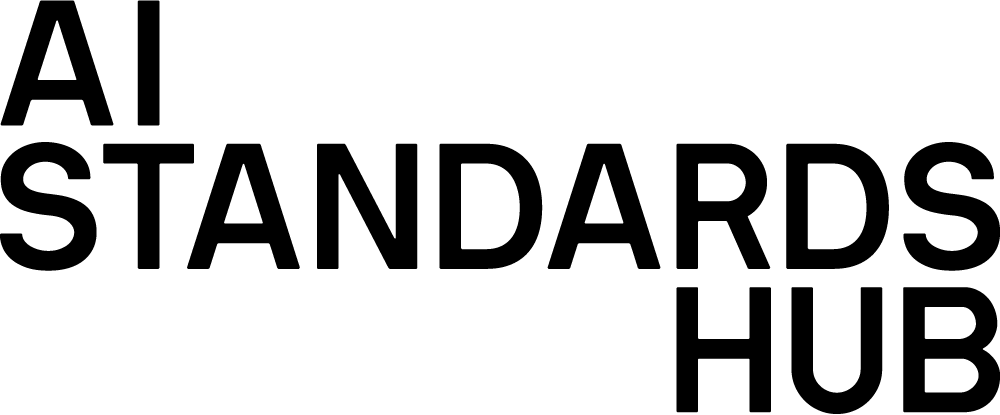Artificial intelligence for Europe
Overview
Artificial intelligence (AI) is already part of our lives – it is not science fiction. From using a virtual personal assistant to organise our working day, to travelling in a self-driving vehicle, to our phones suggesting songs or restaurants that we might like, AI is a reality.
Beyond making our lives easier, AI is helping us to solve some of the world’s biggest challenges: from treating chronic diseases or reducing fatality rates in traffic accidents1 to fighting climate change or anticipating
cybersecurity threats.
In Denmark, AI is helping save lives by allowing emergency services to diagnose cardiac arrests or other conditions based on the sound of a caller’s voice. In Austria, it is helping radiologists detect tumours more accurately by instantly comparing x- rays with a large amount of other medical data.
Many farms across Europe are already using AI to monitor the movement, temperature and feed consumption of their animals. The AI system can then automatically adapt the heating and feeding machinery to help farmers monitor their animals’ welfare and to free them up for other tasks. And AI is also helping European manufacturers to become more efficient and to help factories return to Europe.
These are some of the many examples of what we know AI can do across all sectors, from energy to education, from financial services to construction. Countless more examples that cannot be imagined today will emerge over the next decade.
Like the steam engine or electricity in the past,
AI is transforming our world, our society and
our industry. Growth in computing power, availability of data and progress in algorithms have turned AI into one of the most strategic technologies of the 21st century. The stakes could not be higher. The way we approach AI will define the world we live in. Amid fierce global competition, a solid European framework is needed. The European Union (EU) should have a coordinated approach to make the most of the opportunities offered by AI and to address the new challenges that it brings. The EU can lead the way in developing and using AI for good and for all, building on its values and its strengths. It can capitalise on:
– world-class researchers, labs and startups. The EU is also strong in robotics and has world-leading industry, notably in the transport, healthcare and manufacturing sectors that should be at the forefront of AI adoption;
– the Digital Single Market. Common rules, for example on data protection and the free flow of data in the EU, cybersecurity and connectivity help companies to do business, scale up across borders and encourage investments; and
– a wealth of industrial, research and public sector data which can be unlocked to feed AI systems. In parallel to this Communication, the Commission is taking action to make data sharing easier and to open up more data – the raw material for AI – for re-use. This includes data from the public sector in particular, such as on public utilities and the environment, as well as research and health data.
European leaders have put AI at the top of their agendas. On 10 April 2018, 24 Member States4 and Norway committed to working together on AI. Building on this strong political endorsement, it is time to make significant efforts to ensure that:
– Europe is competitive in the AI landscape, with bold investments that match its economic weight. This is about supporting research and innovation to develop the next generation of AI technologies, and deployment to ensure that companies – in particular small and medium-sized enterprises which make up 99% of business in the EU – are able to adopt AI.
– No one is left behind in the digital transformation. AI is changing the nature of work: jobs will be created, others will disappear, most will be transformed. Modernisation of education, at all levels, should be a priority for governments. All Europeans should have every opportunity to acquire the skills they need. Talent should be nurtured, gender balance and diversity encouraged.
– New technologies are based on values. The General Data Protection Regulation will become a reality on 25 May 2018. It is a major step for building trust, essential in the long term for both people and companies. This is where the EU’s sustainable approach to technologies creates a competitive edge, by embracing change on the basis of the Union’s values5. As with any transformative technology, some AI applications may raise new ethical and legal questions, for example related to liability or potentially biased decision-making. The EU must therefore ensure that AI is developed and applied in an appropriate framework which promotes innovation and respects the Union’s values and fundamental rights as well as ethical principles such as accountability and transparency. The EU is also well placed to lead this debate on the global stage.
This is how the EU can make a difference – and be the champion of an approach to AI that benefits people and society as a whole.
This content is available under a Creative Commons Attribution 4.0 International licence.
External Links
Key Information
Jurisdiction: Europe - EU
Date published: 25 Apr 2018
License: Creative Commons Attribution 4.0 International licence


